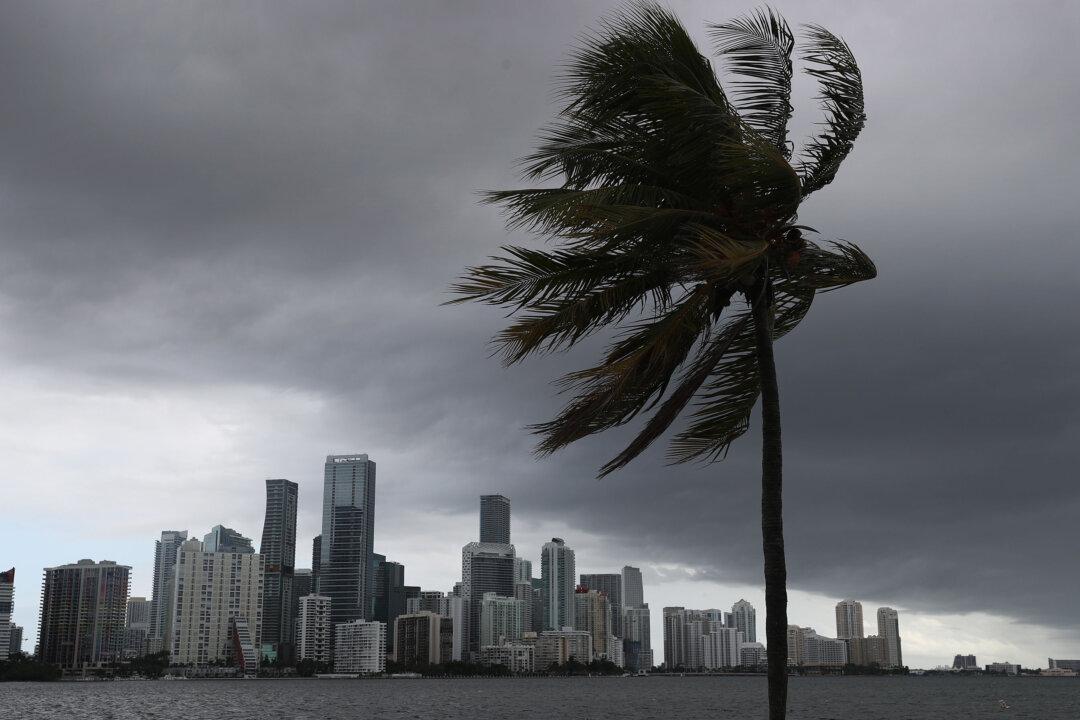Farmers Insurance said it will stop offering its policies in Florida, including for home and car insurance, in a change that will force tens of thousands of people to switch to a different insurance company.
In a statement, Farmers Insurance said it made the decision to manage its exposure to risk in Florida, a state that sees hurricanes and tropical storms nearly every year.





